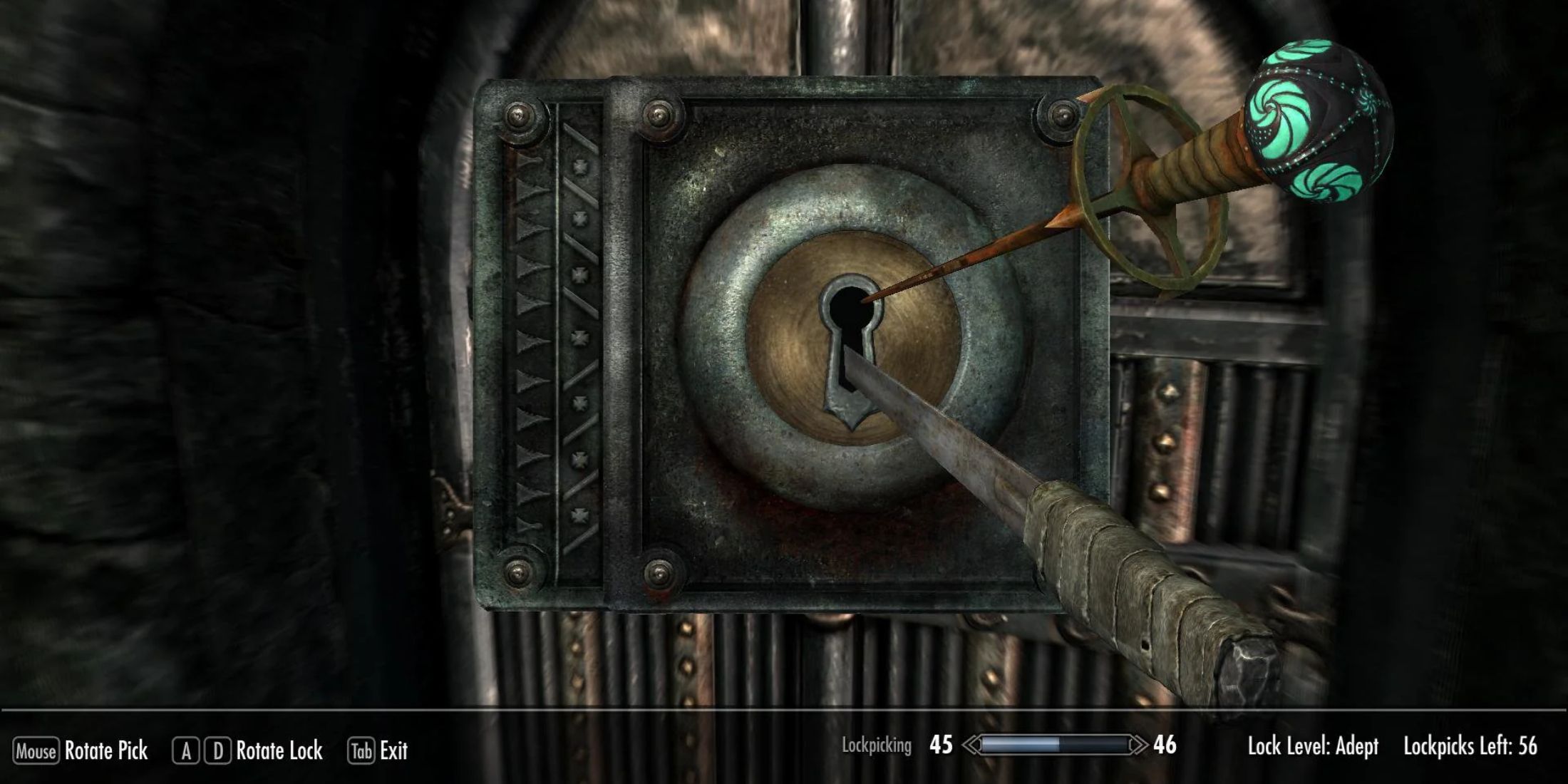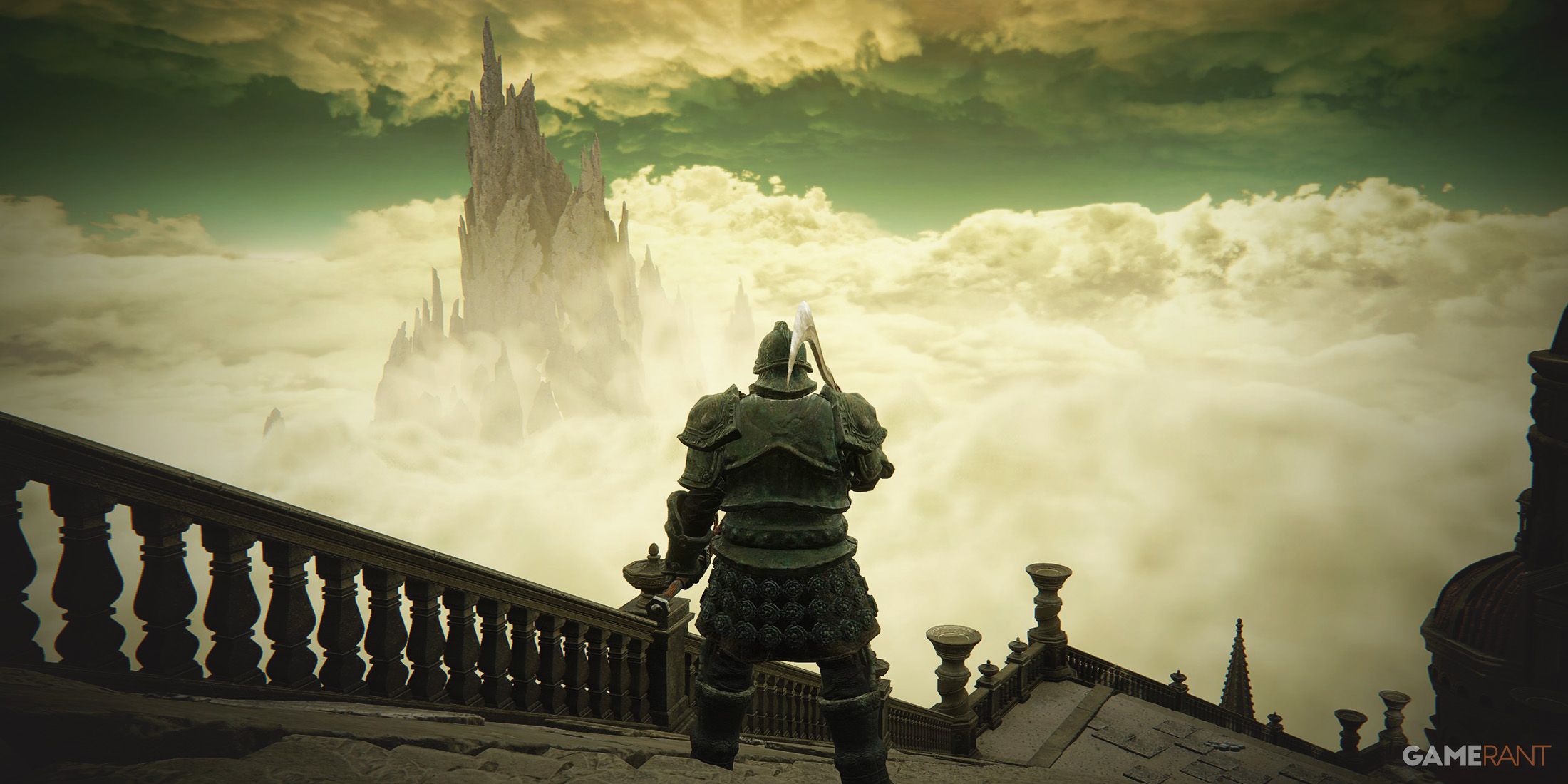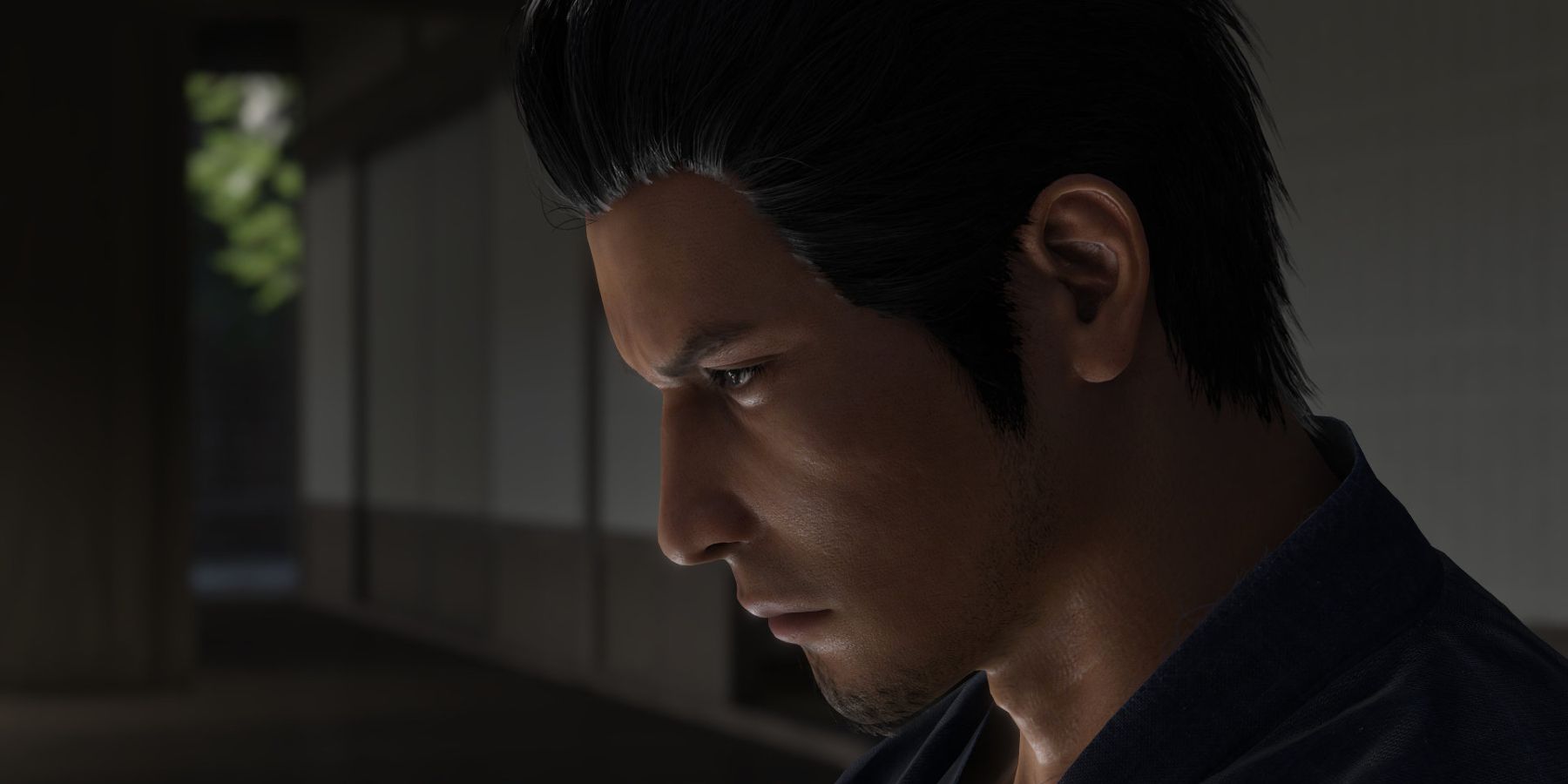Highlights
- Like a Dragon Gaiden features Kazuma Kiryu returning as the protagonist after seven years, working as an Agent of the Daidoji Faction and forming alliances.
- The game's choices, including decisions in substories, often feel inconsequential and miss opportunities for meaningful impact.
- Some of the story decisions in Like a Dragon Gaiden feel out of character for Kiryu and conflict with his development and pursuit of peace.
Like a Dragon Gaiden: The Man Who Erased His Name features the return of longtime series protagonist Kazuma Kiryu, in a story leading up to 2024's Like a Dragon: Infinite Wealth. Across the title's relatively brief narrative, Kiryu is thrust into a series of highly volatile events, culminating in his role in Masaru Watase’s dissolution of the Omi Alliance. Between these big moments, Kiryu explores the Sotenbori District of Osaka, aiding its residents and completing substories that explore a series of newfound philosophies on honor and reputation. Occasionally, these substories see Kiryu faced with a decision on what to do next or how to respond to an ally. While the feature feels significant at first, Like a Dragon Gaiden's story choices make little sense in the long term, as they have little effect on the narrative and force Kiryu into situations that betray his long-term character development.
Like a Dragon Gaiden sees Kiryu return to the spotlight nearly seven years after his "final" leading role in Yakuza 6: The Song of Life. When fans catch up to the Dragon of Dojima, he is not the man that he used to be. After faking his death and taking on a new name, Joryu, Kiryu works as an Agent of the Daidoji Faction. However, Kiryu is quickly placed at the center of a critical situation, which threatens the safety of those he left behind. Working together with the Daidoji Faction and Watase Family, Kiryu forms alliances across various districts of Japan. One such partnership is with Akame, an information broker from Sontenbori whose "leads" provide Like a Dragon Gaiden's substories, and it is here where the lackluster choices really stand out.
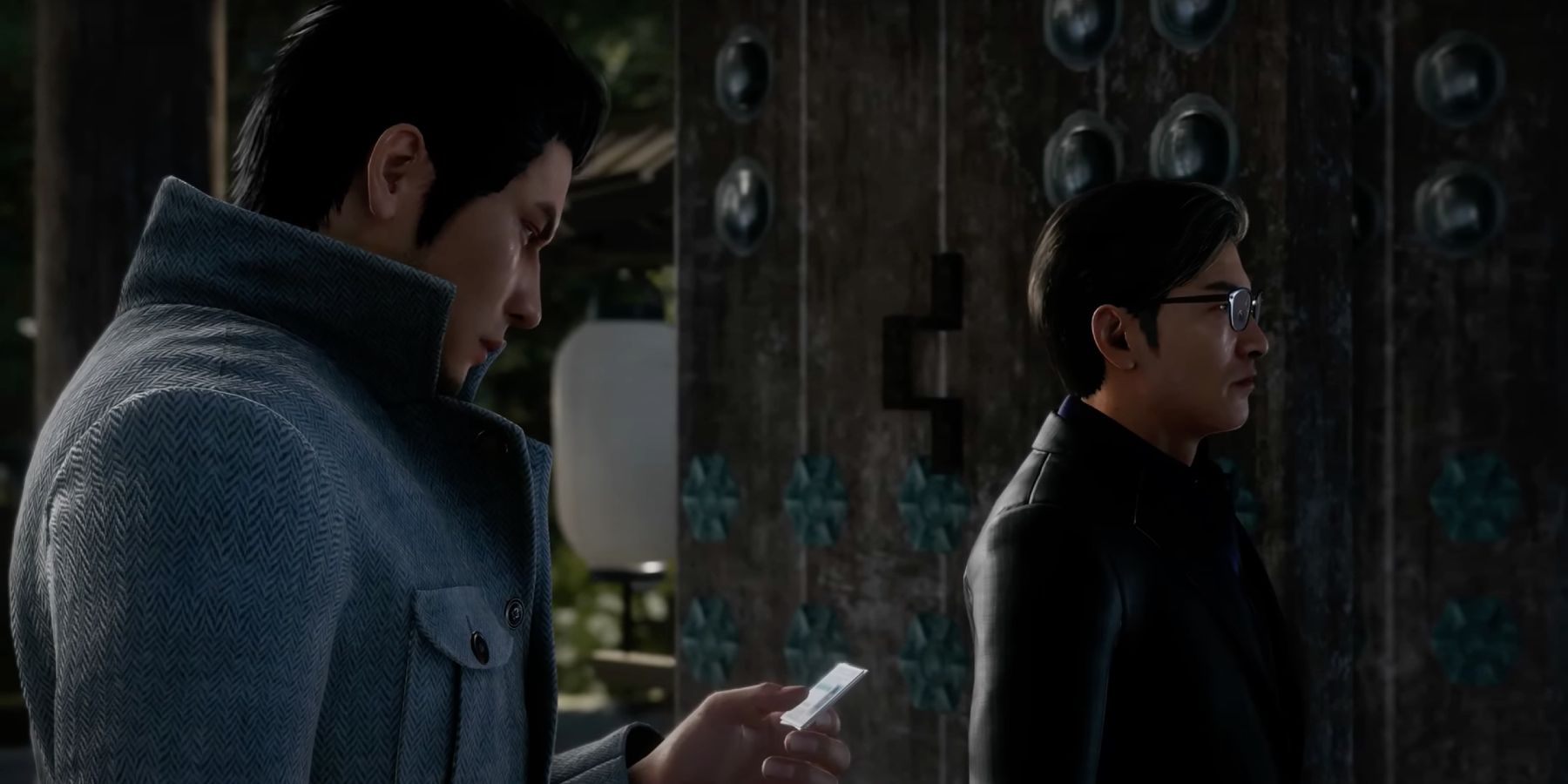
Like a Dragon Gaiden: Where The Name 'Taichi Suzuki' Comes From (and How Hamawara Knows It)
Like a Dragon Gaiden sees Kazuma Kiryu referred to by many names, but one late-game alias holds more significance than fans may realize.
Like a Dragon Gaiden Features a Series of Weak Choices
Like A Dragon Gaiden features far fewer whimsical narratives than its predecessors, resulting in its main narrative and various substories carrying a lot of weight. Occasionally, a quest will see Kiryu faced with an “important” decision, as he must determine what course of action to take in both his fulfillment of a goal and his relationship with allies. These choices often see Kiryu’s past and present collide, with the Dragon of Dojima's newfound philosophies put to the test. However, many, if not all, of the decisions feel like a series of missed opportunities.
Like a Dragon Gaiden’s choices feel quite consequential in the moment, as Kiryu is forced to respond to an "on the spot" dilemma. Still, the majority of decisions, especially those in the title's substories, are wholly inconsequential. Like a Dragon Gaiden’s substories are self-contained, so the consequences of decisions are usually negated by the end of a single mission. For instance, one especially significant substory sees Kiryu meet Masaharu Kaito from the Yakuza spin-off, Judgment. Kaito comes to Sotenbori to investigate the Homeless Hunts. After a physical altercation, the substory sees Kiryu faced with a decision, as Kaito asks Kiryu to join forces. Kiryu can choose “Yes” or “No”, resulting in different dialogue. However, the two join forces no matter what, as a revelation during the substory's climax sees Kiryu rescue Kaito from his client.
Some of Like a Dragon Gaiden's Story Decisions Feel Wholly Out of Character for Kiryu
Like a Dragon Gaiden does feature a few decisions within its main narrative. However, these come with their own problems, as a few force Kiryu into situations that, given his development, feel wholly out-of-character. Perhaps the most inappropriate of these comes in the build-up to Gaiden’s climactic dissolution scene, as Tsuruno, the Watase Family Captain, asks Kiryu's forgiveness for a major deception. The previous mission saw Tsuruno betray Kiryu’s trust, leading to a major character’s death, and, before he loses all rank and title, Tsuruno bows deeply to Kiryu, before forcing the protagonist to choose between three dialogue choices - “I’ll Never Forgive you”, “Lift your head, already”, and “What do you think?” While players can choose to forgive, the larger issue is in the posing of the question.
Kiryu spends the majority of Like a Dragon Gaiden leaving his Yakuza past, and its various grudges, behind, in pursuit of peace. The decision about whether to forgive Tsuruno is at odds with this development, and almost threatens to derail it, in favor of being vindictive. Together with those from the title's substories, this decision and those like it make little sense in the overall strong narrative of Like a Dragon Gaiden. It remains to be seen whether Kiryu's true conclusion in Like a Dragon: Infinite Wealth will feature such decision-making. If so, fans hope to see their decisions play a more significant role in shaping the title's narrative, while remaining faithful to the characters' overall development.
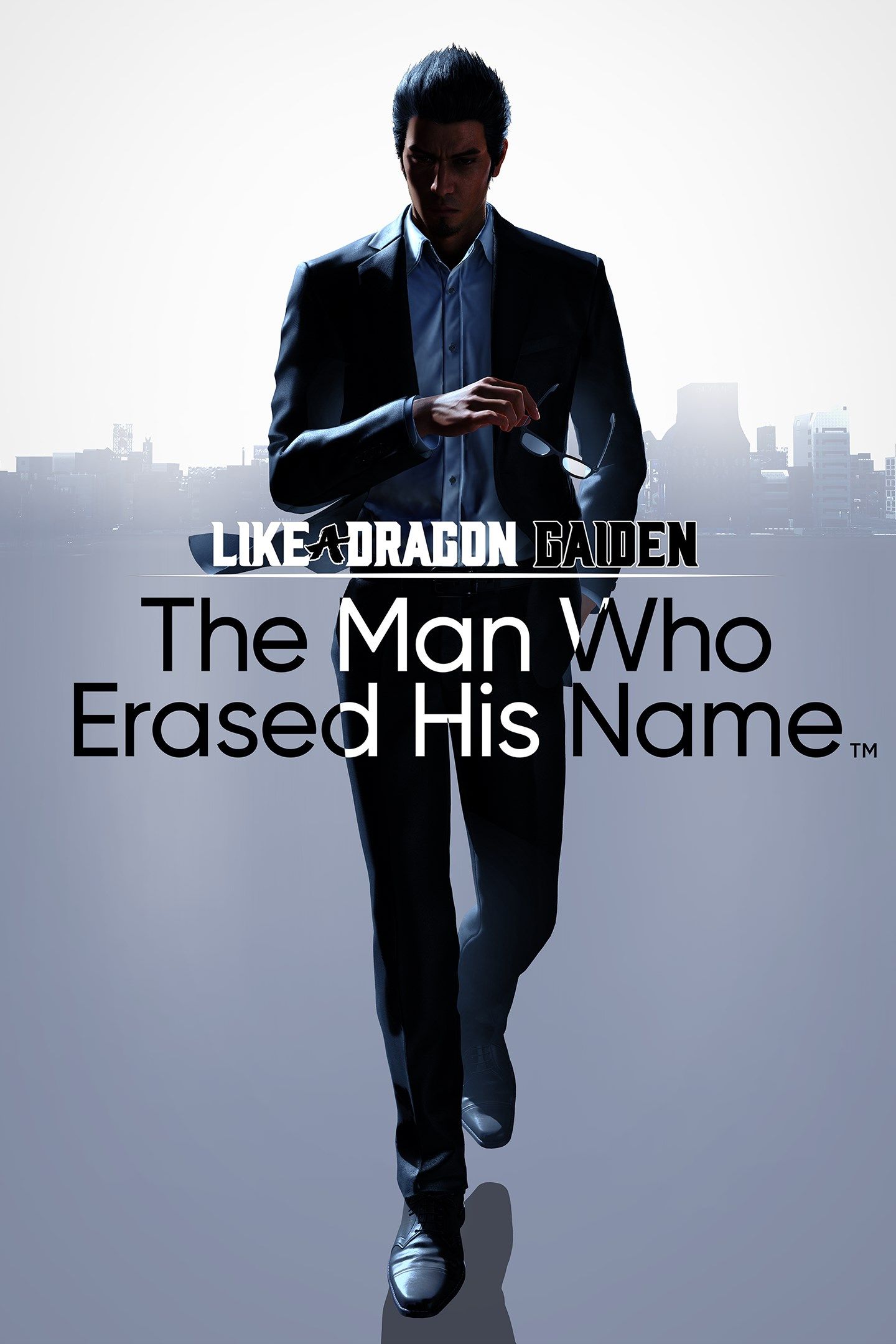
Like a Dragon Gaiden: The Man Who Erased His Name
Ryu Ga Gotoku Studio's Like a Dragon Gaiden: The Man Who Erased His Name is a spin-off game that focuses on Kazuma Kiryu's actions after Yakuza 6: The Song of Life. Unlike the main entries' shift to turn-based combat, Like a Dragon Gaiden returns to the franchise's classic beat 'em up combat.

